The Ultimate Guide to the Cilento Italy: All you need to know
One of Italy's best-kept secrets
An area of Italy almost unknown outside the country... until now. A place so naturally beautiful, and rich in so many aspects from culture to gastronomy, it's no wonder the Italians decided to keep this hidden gem to themselves.
Where is the Cilento and why should you visit?
Tucked away in Italy's Campania region, the area home to the city of Naples, the incredible Amalfi Coast and pizza of course, Cilento Italy starts a bit south of the town of Battipaglia and continues until the bottom of Campania.
Now, to answer why it's worth visiting the Cilento in a single paragraph would be nigh on impossible due to the area's vast number of attractions, so I'll just mention the main points so you get the idea:
A region of immense natural beauty, from splendid unspoilt beaches along the national-park protected coast to some of Italy's most incredible caves located in the region's hinterland.
Packed with history and jaw-dropping archaeological sites, the Cilento is home to some of the best preserved Greek temples in the whole world, dating back a whopping 2600 years.
Not to mention the people, oh... the people, some of the friendliest in all of Italy. Always with a smile on their face and not happy, but overjoyed to welcome you into their world and show you their lives, and towns... and culture.
Which are the best towns to visit?
A tough question to answer, because of the sheer number of incredible towns and villages in the area, but one that needs an answer to be able to effectively plan a trip and decide where to visit.
I've divided the list into two sections, coastal and inland towns, along with a short description as to why they're worth visiting.
Along the coast
First the coastal towns:
- Acciaroli - Where many residents live well into their 100s that makes you feel like you've come home...
- Agropoli - The largest town in the Cilento, a perfect base from which to explore...
- Scario - A traditionally Southern seaside Italian village...
- Pioppi - Home of the Mediterranean diet and the American physiologist Ansel Keys for 40 years...
- Palinuro - A town on a coastline full of beaches and sea caves of incredible beauty...
- Castellabate - Buzzing with life and spectacular views from the hilltop town, where the classic Italian movie "Benvenuti al Sud" was filmed.
Inland
And now for the interior:
- Teggiano - A charming town with 13 churches and magnificent views...
- Sanza - Immersed in nature, Sanza is the way Italy used to be, where traditions have been preserved and people are as friendly as can be...
- Padula - Beautifully perched upon a hill, Padula is famous for the Certosa di San Lorenzo, the second largest charterhouse in Italy... as well as for being the birthplace of the famous organized crime fighting NYPD officer Joseph Petrosino.
- Roccagloriosa - A charismatic medieval village in the hills of Cilento, where Christina's glorious B&B Zizzania e il Mandarino awaits you.
Don't forget about the Archaeological sites ...
With some of the best-preserved Greek temples on Earth, the archaeological site of Paestum is sure to impress, and is the one of the greatest attractions of the Cilento.
Being there in person, gazing up at the 2600-year-old stonework, will take your breath away - no doubt about it. This is simply a must visit. Any stay in the Cilento is not complete without having seen the temples of Paestum.
Take a look at our Paestum guide for more info.
Cilento's other archaeological site, that's a bit under the radar, is Velia. An enormous site, the excavations reveal the remains of the ancient Greek city of Elea. The ruins are located near the modern village of Velia, which took it's name from the site. There are two small museums you can visit, as well as a little theater - all are worth seeing.
Once a part of a castle, the medieval tower built on top a Greek church, is the hallmark of the site. Get to the top and you'll be rewarded with stunning views over the remains and the coast.
And the exquisite coastline!
You may not have expected it, but the Cilento is home to some of Italy's most spectacular beaches, many of which are secluded, remaining half-empty for most of the summer. This is perfect for those who love exploring and taking in the coastal beauty in peace. The "Spiaggia del Buon Dormire", pictured below, is one of the many spectacular, unspoiled beaches of the Cilento.
There are 13, yes you read that right, 13 blue-flag beaches along Cilento's coastline. The Cilento has more blue-flag beaches than anywhere else in Campania. Simply incredible.
Not only beaches, but also caves ... yes, sea caves. Just as jaw-droppingly amazing as the Blue Grotto on the isle of Capri, but not nearly as crowded, the "Grotta Azzurra" of Palinuro is an absolute must-see. Take a look at the images below and you'll know what I mean:
Where to stay - Itinerary Ideas:
If you are planning a fairly long getaway of around 7 to 10 days, I recommend basing yourself along the coast, preferably a town like Ascea, which is centrally located along the Cilento's coast, making it suitable and convenient for day-trips to the best towns and attractions, both inland and coastal.
We stayed at the magnificent Olimpia Cilento Resort in Ascea, and we definitely weren't disappointed. Located along the pristine coastline, the Olimpia Resort offers incredible service, food, and, above all, heartwarming hospitality akin to that of a typical Southern Italian family.
For a shorter stay, you could always base yourself further up the coast in Castellabate, and visit Paestum, Agropoli, Pioppi and Acciaroli relatively easily in about 3 to 5 days. The Palazzo Gentilcore, located in the heart of Castellabate's old town, is set in an old, characteristic 17th-century building. It's a small, charismatic boutique hotel that caters to a few guests, but those of you that book early and secure your rooms can expect an incredible experience.
South of Ascea, close to where Campania borders with Basilicata, you can base yourself in the traditional seaside village of Scario, from where the towns of Sapri and Maratea (just over the border in Basilicata) make for perfect day-trips, and the untouched beaches of Marina di Camerota are only a stone's throw away.
Best tours to do in the Cilento:
There are many tours available in the area, offering a wide variety of memorable experiences. Depending on your interests vacation plans, you can choose the tour that's right for you.
Passionate about Italian cuisine? (Who isn't! :)
Then a mozzarella di buffala farm tour is for you.
Want to discover and learn everything there is to know about the Greek temples of Paestum?
A local guided tour is just what you need.
Maybe it's the exquisite coastline you'd like to discover?
A boat trip to the coast's best hidden gems is sure to be an incredible experience.
When should you visit?
The perfect time to visit, for both the best weather and the cheapest prices, is shoulder season, around May to June just before the height of summer, and then again in September - October, once the tourist season is coming to an end.
You'll avoid the scorching summer temps, but still get nice warm weather along with more affordable accommodation options.
How to get to Cilento Italy:
The two main ways to get here are either by car or by train.
By Car:
To get to Agropoli (largest town in Cilento) from Naples by car, simply take the A3. It's about a 66 mile drive and takes around 2 hours. From Rome it takes considerably longer, about 3 hours and 40 minutes. We always use Discover Cars for our car hire in Italy. They have the best rates available. Check them out here.
By Train:
Trains depart about every 30 minutes from Naples central train station and will get you to Agropoli in about 1 hour and 40 minutes. From Rome the high-speed train will get you there in approximately 2 hours and 15 minutes, and without having to change trains, which is a plus.
Commonly asked questions about the Cilento:
1: What is Cilento famous for?
1: What is Cilento famous for?
The Cilento has a lot of things going for it, but above all the region is famous for its incredibly healthy and tasty cuisine, being the home of the Mediterranean Diet. Discover more about this diet here.
2: Where is Cilento in Italy?
2: Where is Cilento in Italy?
The Cilento is in the region of Campania, about 50 miles/80 km south of the Amalfi Coast.
3: Is Agropoli worth visiting?
3: Is Agropoli worth visiting?
Most certainly, yes. Agropoli is the biggest town in the Cilento and is the epitome of Southern Italian life. Bustling streets, espresso-scented mornings, lively evenings and so much more...
4: Why should I visit the Cilento?
4: Why should I visit the Cilento?
From the friendly people and traditional way of live, to the incredible natural beauty and historical attractions, Cilento has a lot to offer.
5: Does the Cilento have beautiful beaches?
5: Does the Cilento have beautiful beaches?
Without a doubt, the Cilento has many stunning, and secluded beaches, some of which rival the most beautiful in the whole of Italy. Not only that, but the Cilento area has more blue-flag beaches than anywhere else in Campania, a whopping 13 beaches from a coastline less than 125 miles long.
Please Book with Us... Maria here, if you enjoy my site I'd love your support.
Simply book your next trip anywhere (not only to Italy) via the link below or with any of the hotel links on the website.
You'll get the best deal available and the income I receive helps me to remain independent and to keep bringing you more of beautiful Italy.
More Travel Tips:
- Book your tickets to museums and other attractions in advance on Tiqets.com
- Book your accommodation. Booking.com and Agoda help you to book accommodation in advance
- Book your excursions. Wherever you go, make the most of your time! Excursions with professional guides will help you do this - choose a location and the best option for yourself on Viator or Getyourguide
- Book your car. At least a month before is best. Use Discover Car Hire.
- Cash Back on Flights: Great deals & money back with WayAway
- Get peace of mind when traveling. Get insured with VisitorsCoverage.com
- Home
- Cilento
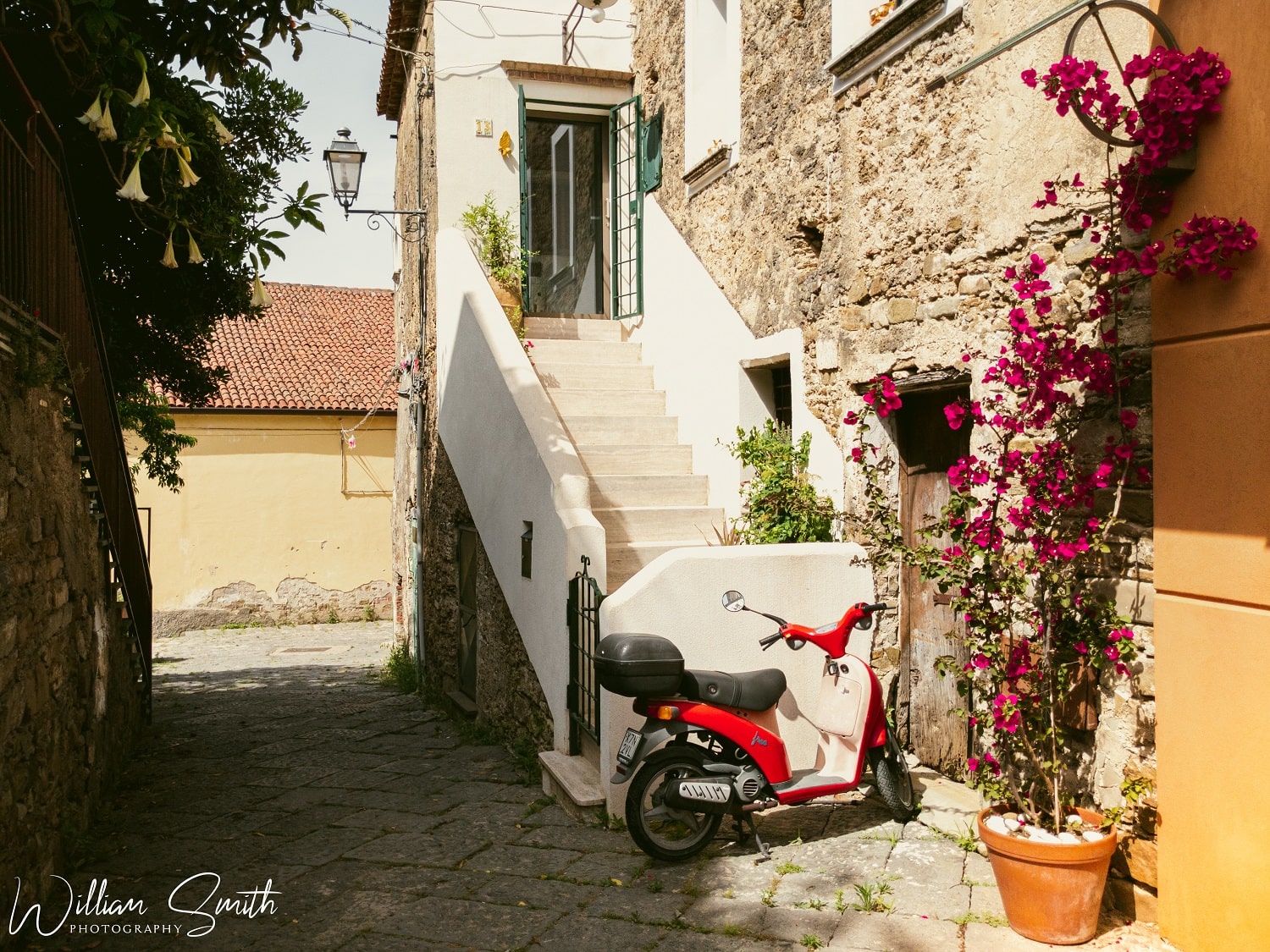
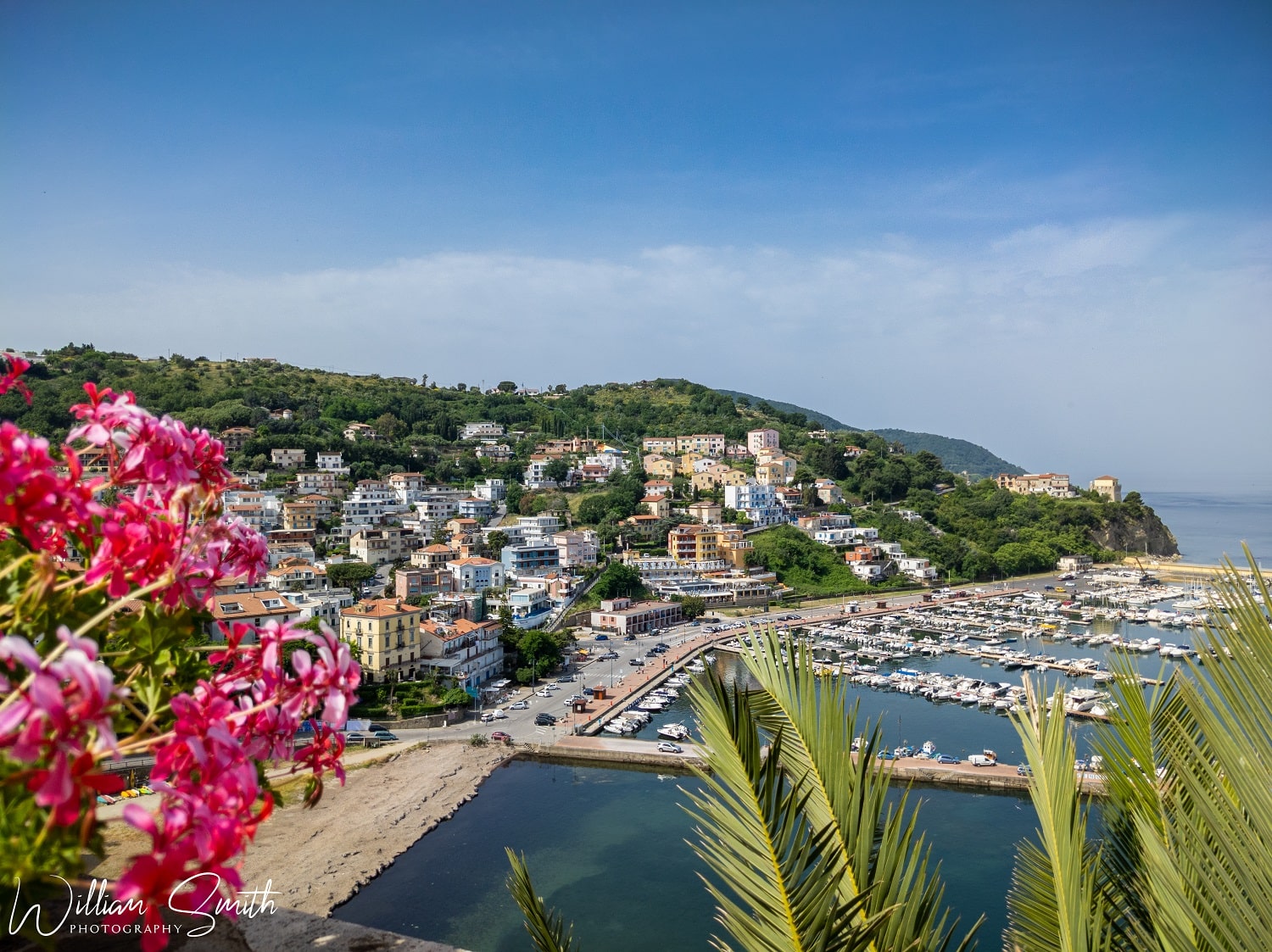
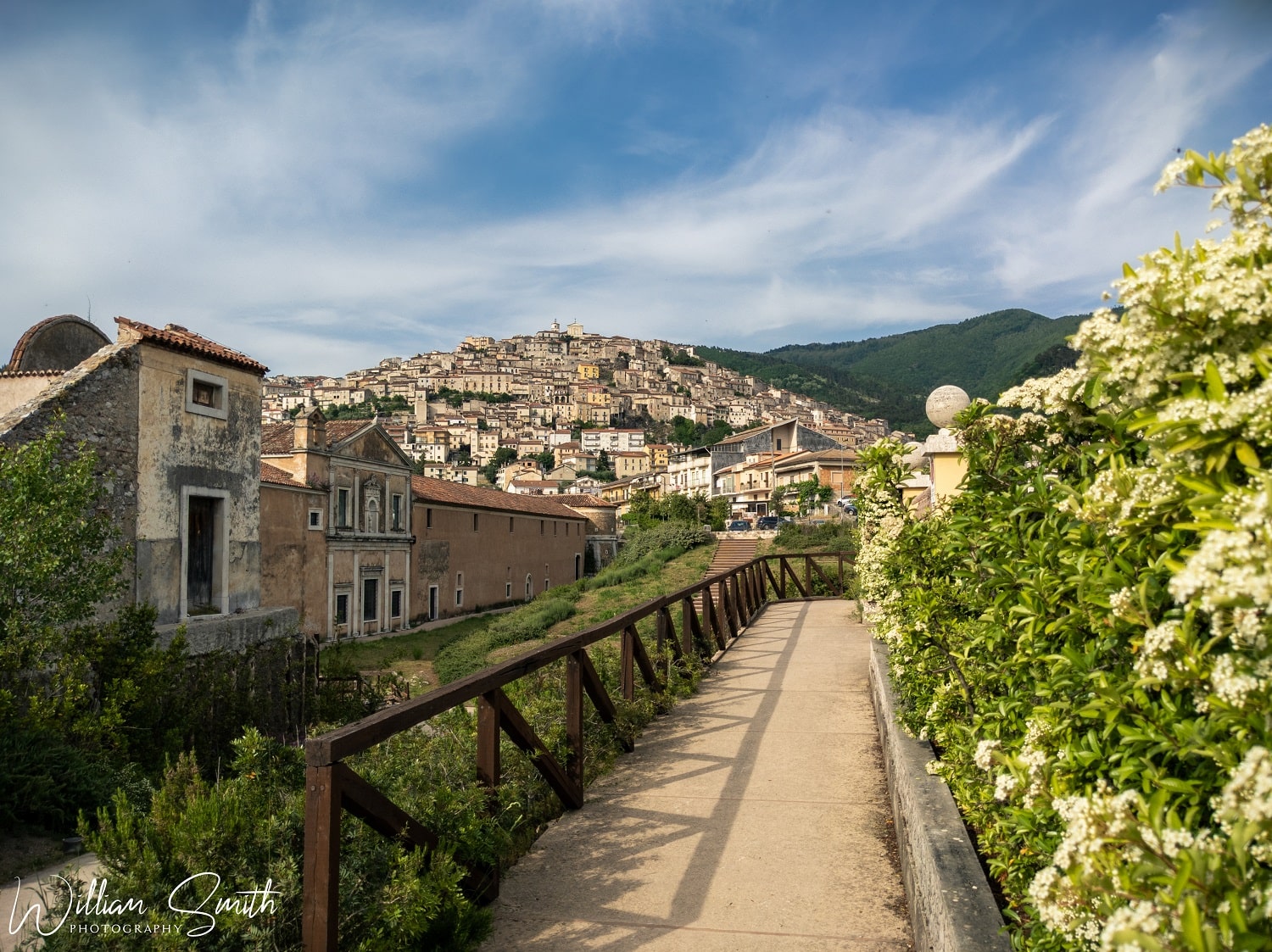
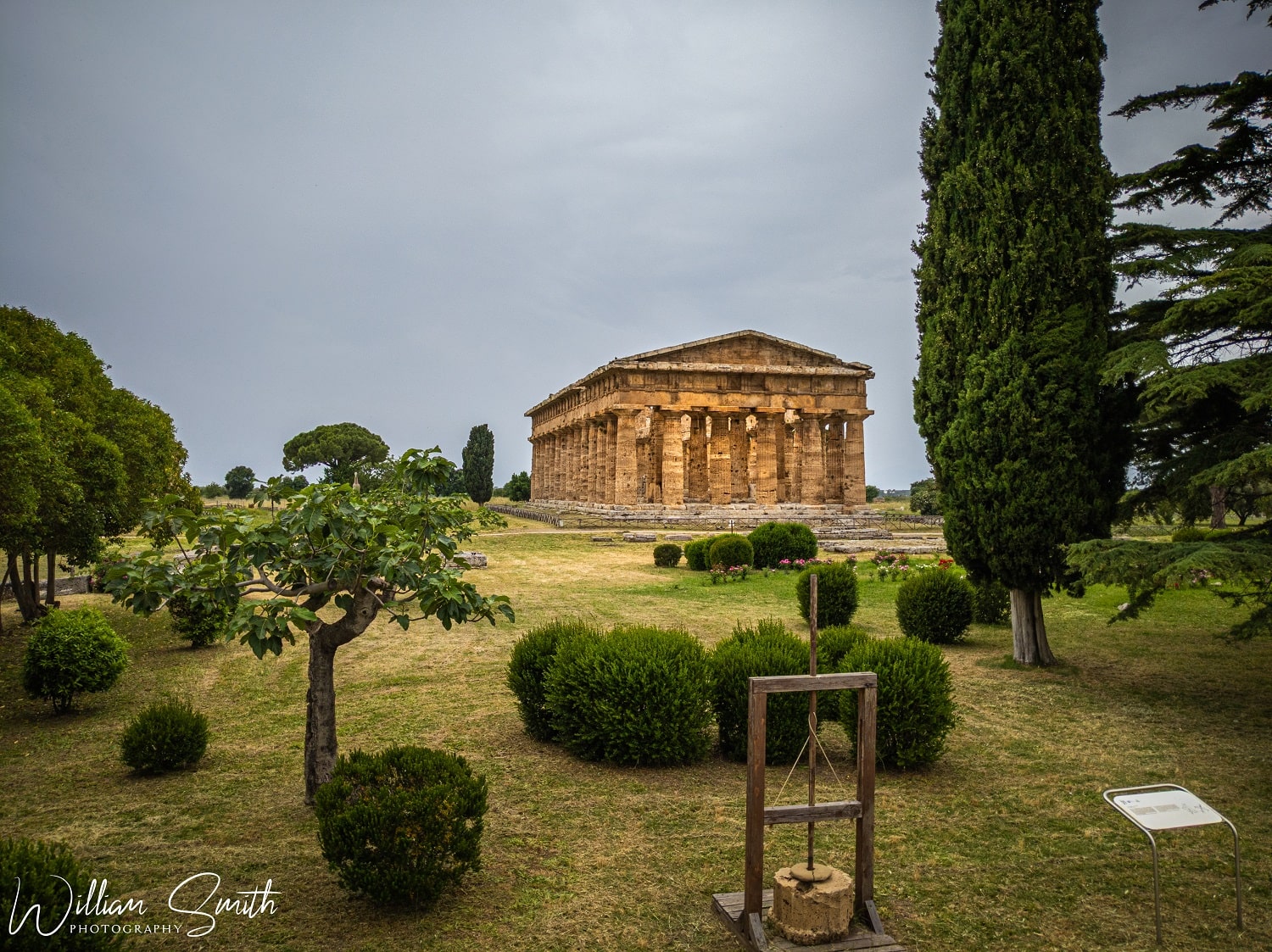
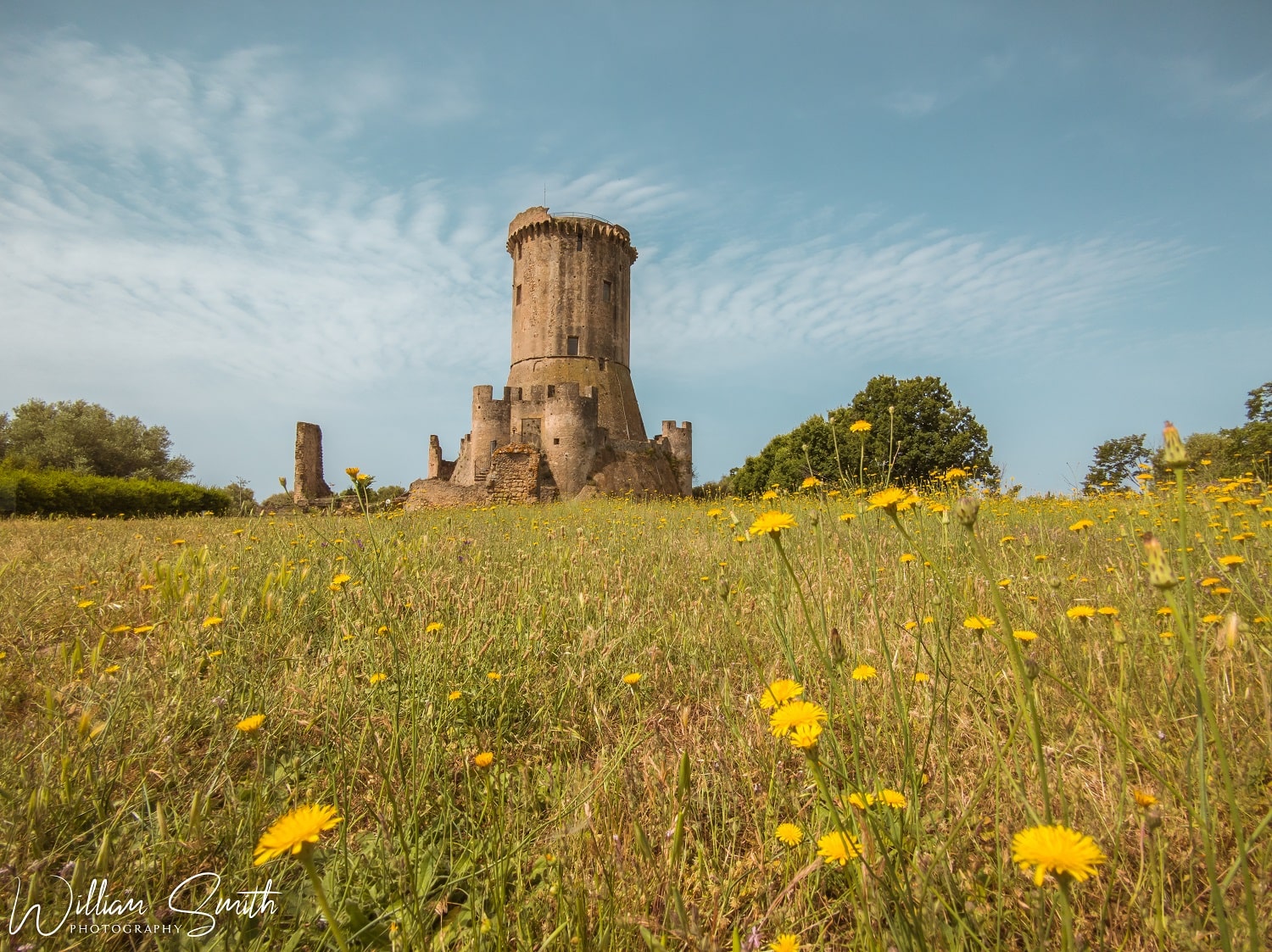
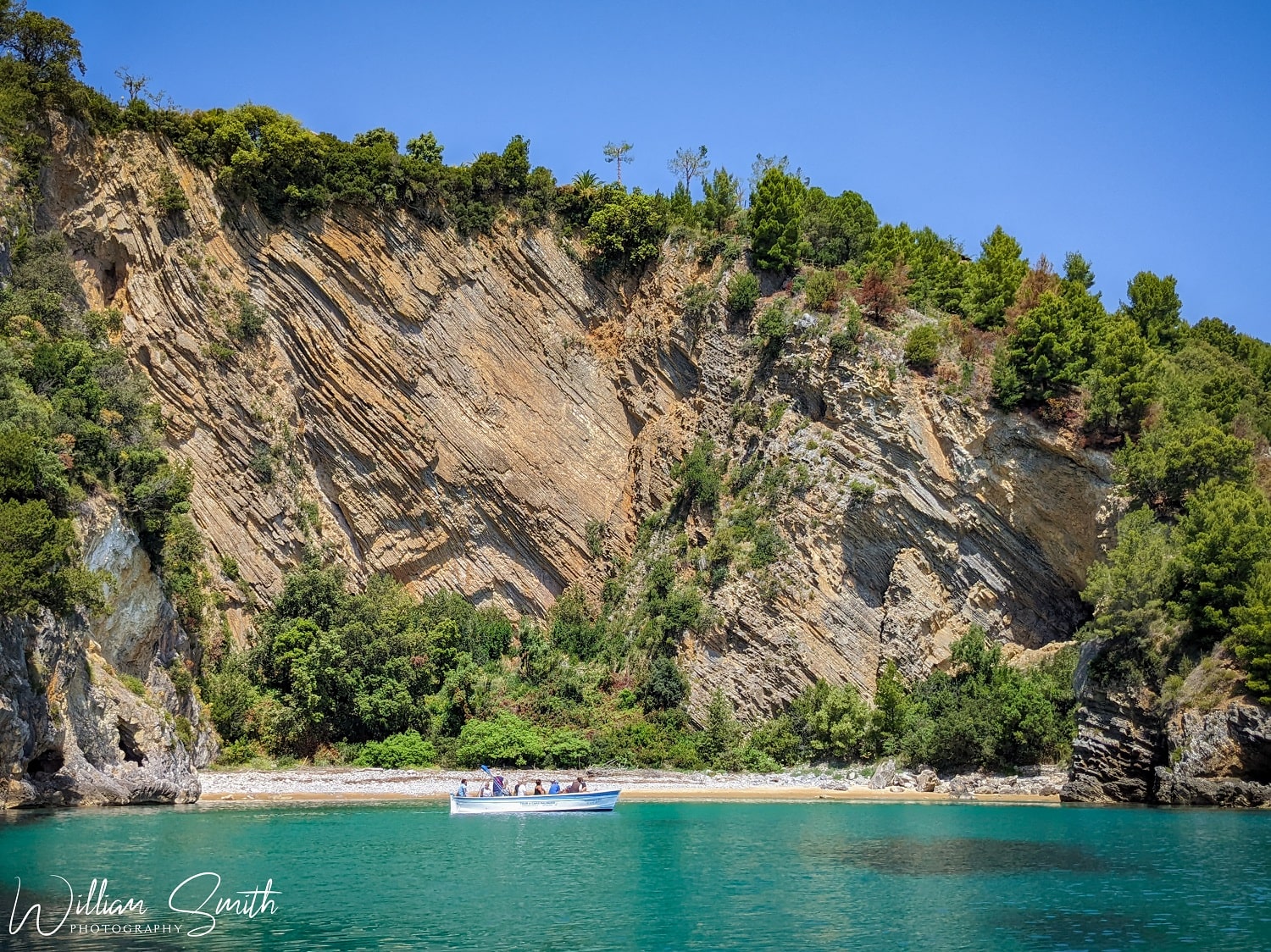
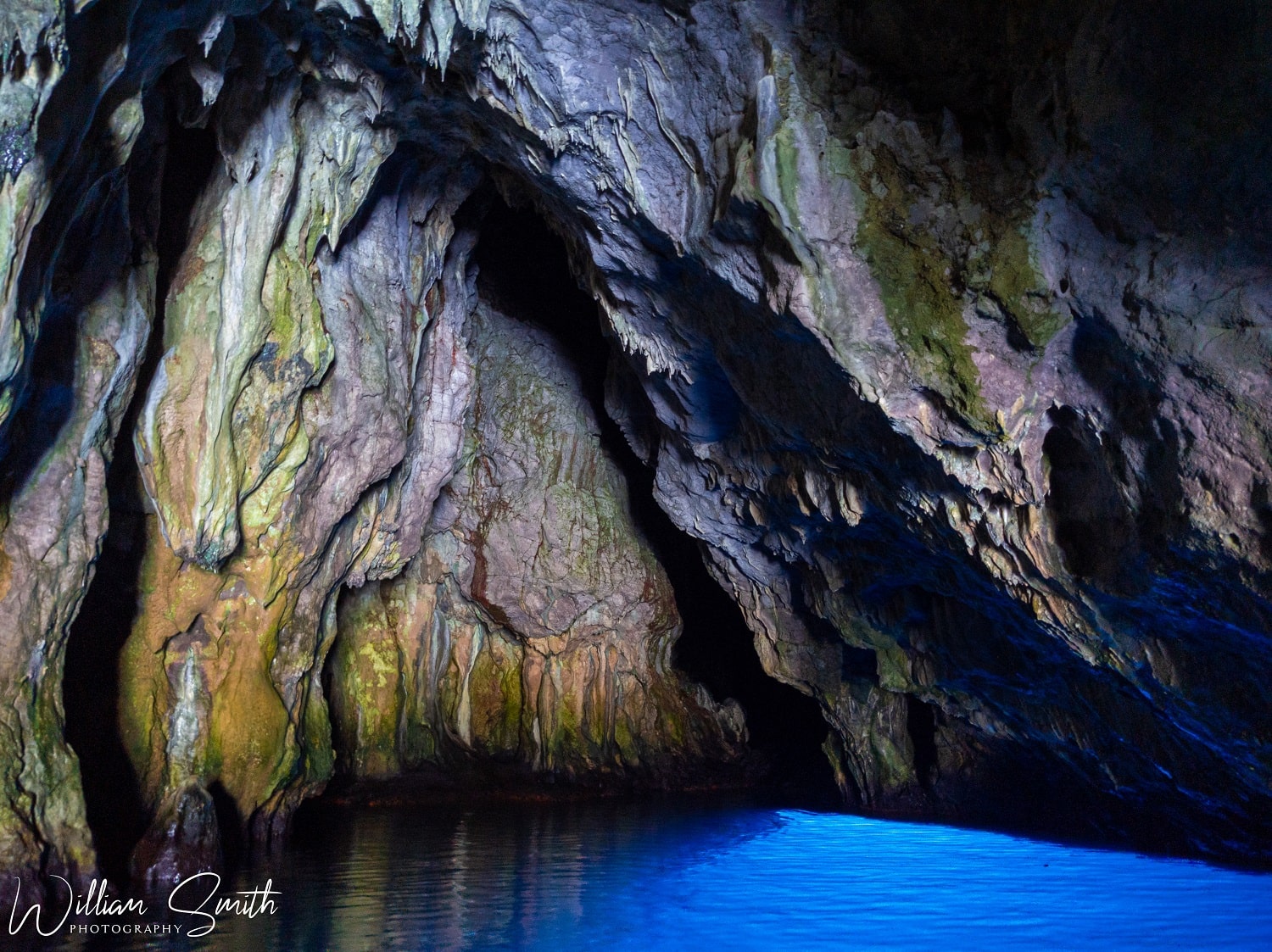
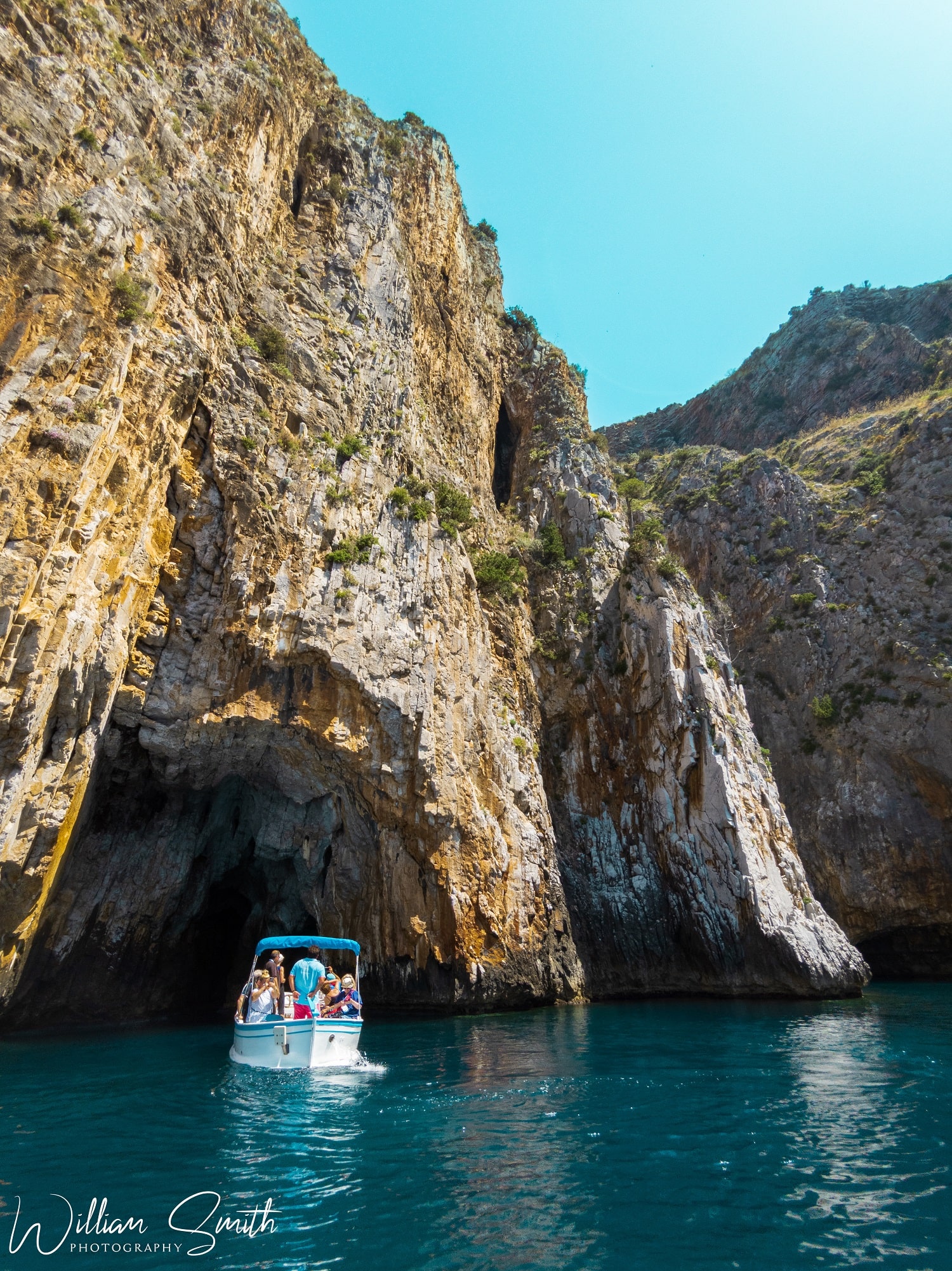
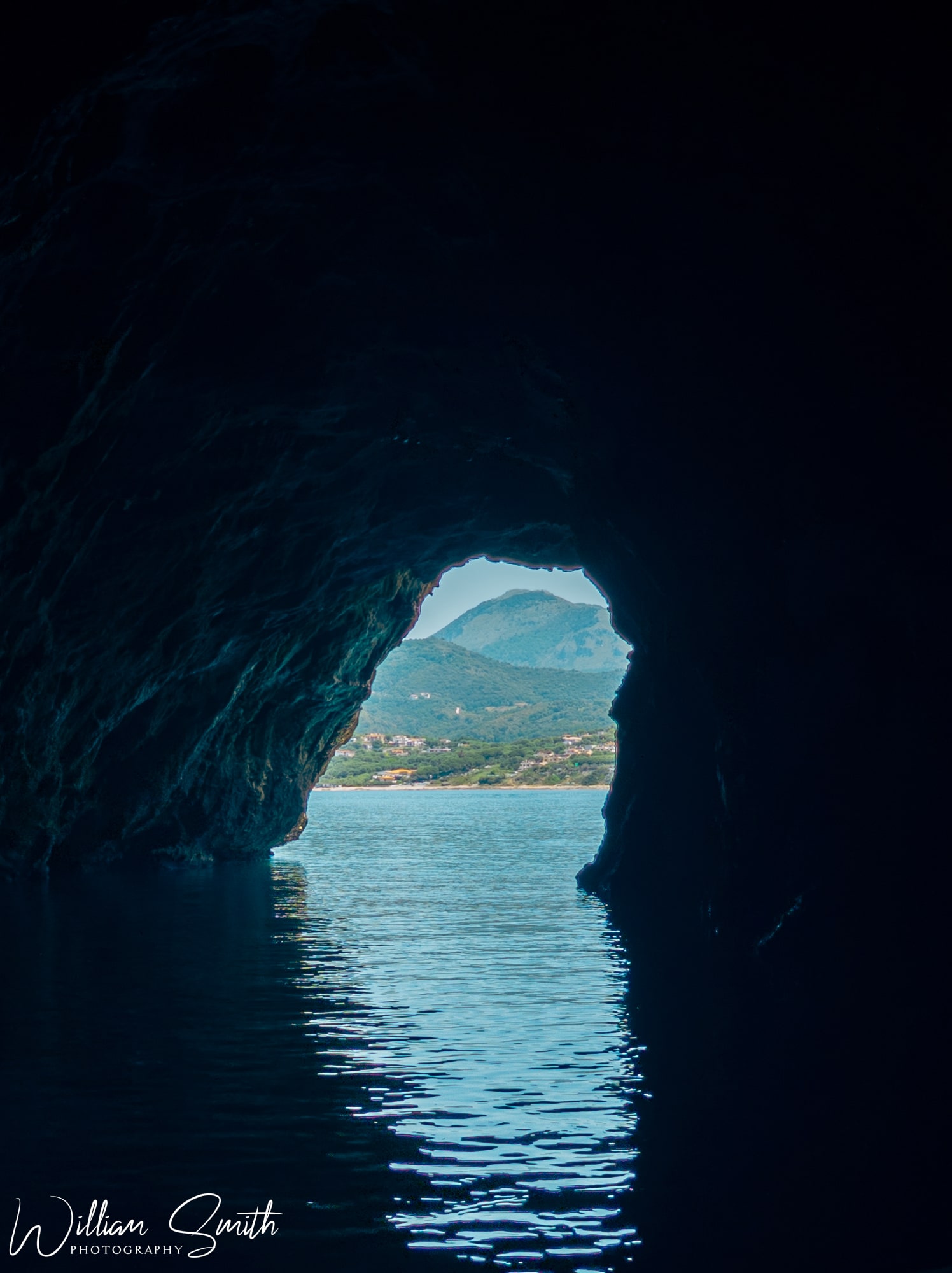
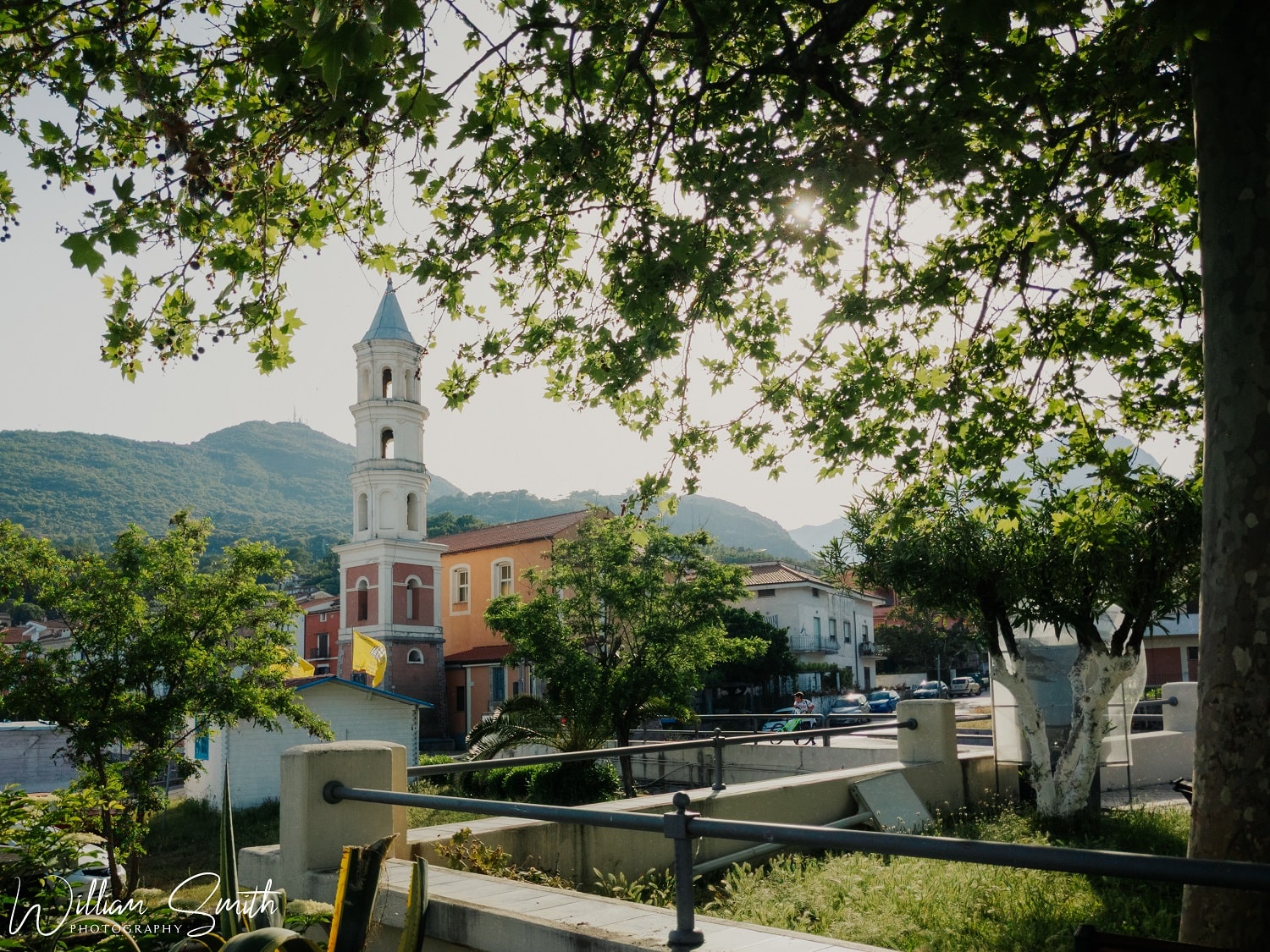

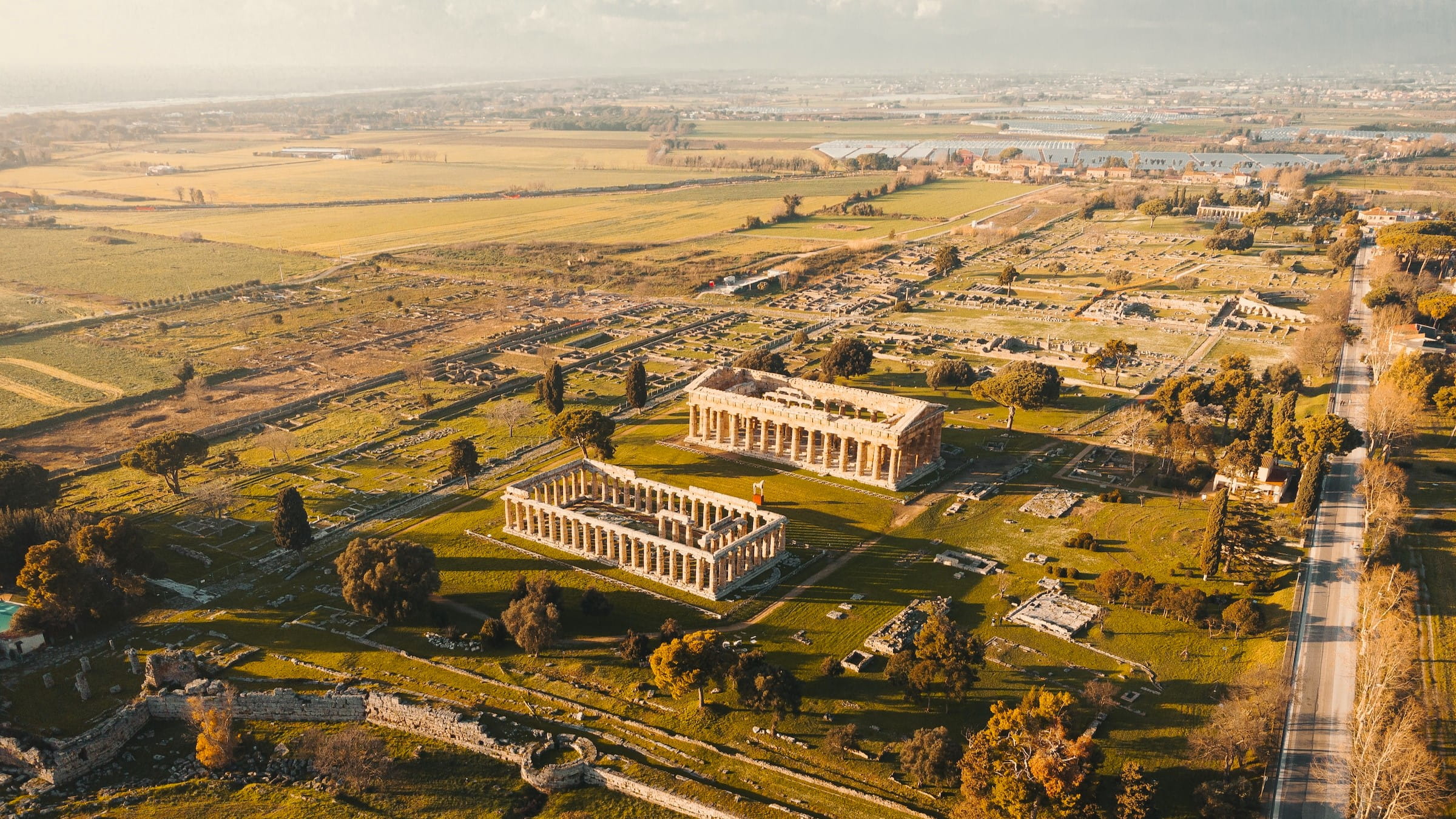




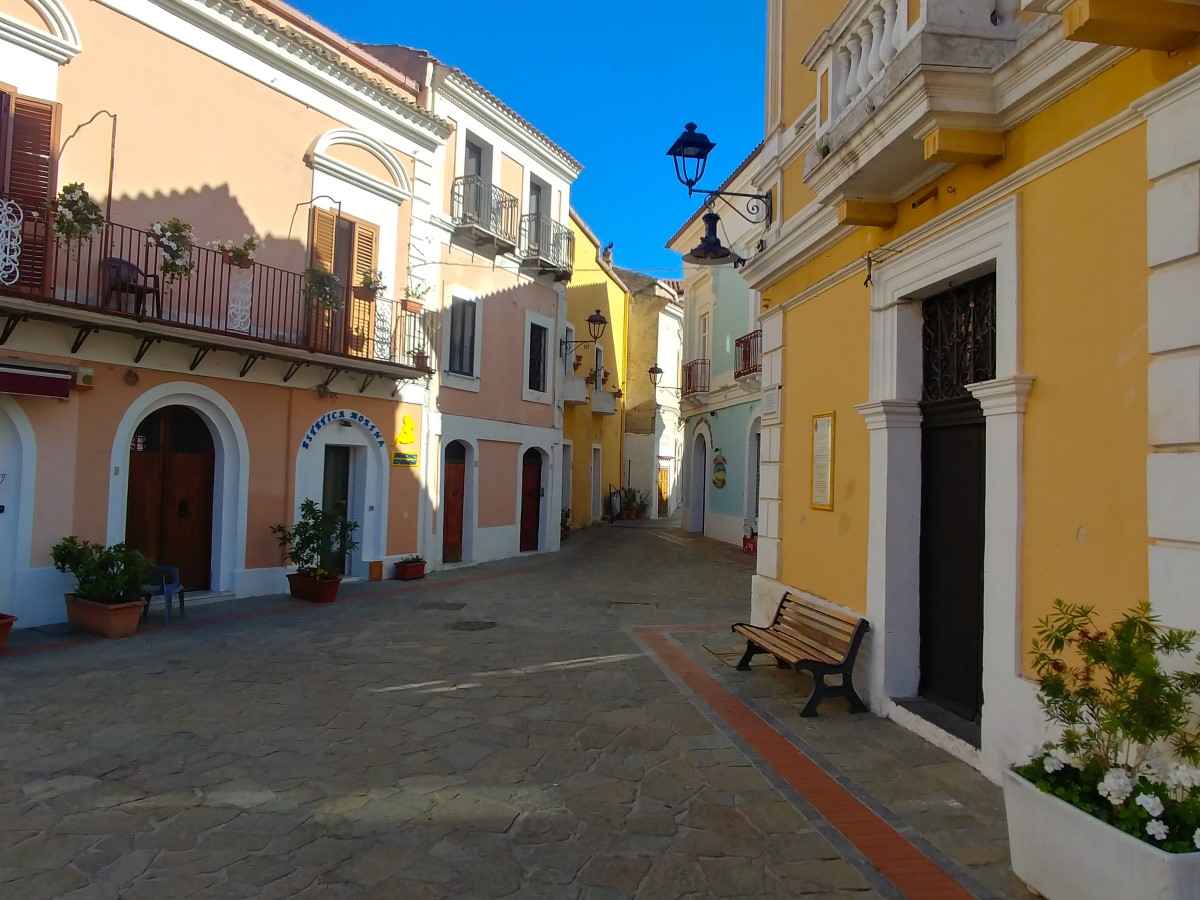





















New! Comments
Have your say about what you just read! Leave me a comment in the box below.